Dhaka, January 8, (V7N) – Thirty-eight-year-old Nadia Islam, a mother of two, was living a content life until irregular menstruation and severe pain led to a devastating diagnosis: cervical cancer. Nadia’s story underscores the pressing need for awareness, early detection, and preventive measures against this life-threatening disease.
Cervical cancer is the second most common cancer among Bangladeshi women, with approximately 12,000 new cases and over 6,000 deaths annually. Despite its severity, cervical cancer is one of the few cancers that can be effectively prevented through vaccination and early screening.
Globally, cervical cancer is the fourth most common cancer in women, with about 570,000 new cases reported yearly. The Human Papilloma Virus (HPV), a sexually transmitted infection, is the primary cause of this disease.
Experts highlight several warning signs of cervical cancer, including:
Post-menopausal bleeding
Unusual or heavier menstrual bleeding
Severe pain during or after intercourse
Increased vaginal discharge
Unexplained pelvic and back pain
Early recognition of these symptoms and prompt medical consultation can significantly improve outcomes.
One of the most encouraging aspects of cervical cancer prevention is the availability of an HPV vaccine. Administered to girls aged 13-15, the vaccine provides lifelong protection against the disease.
Screening is another vital tool in prevention. Women over the age of 30 are advised to undergo cervical cancer screening annually. Thanks to initiatives by the government and NGOs, free screening services are now accessible to many women in Bangladesh.
Certain lifestyle factors contribute to the risk of developing cervical cancer:
Early marriage and childbirth: Getting married or having children before the age of 18 significantly increases the risk. Experts recommend delaying childbirth until after 20 and maintaining an 18-month gap between pregnancies.
Poor hygiene: Personal hygiene, especially in the cervical area, is critical.
Multiple sexual partners: Increases the risk of HPV infection.
Habibullah Talukder Raskin, Associate Professor at the National Cancer Research Institute and Hospital, emphasizes the need for preventive screening programs to reduce cervical cancer mortality. "Early detection makes the disease highly treatable," he notes, urging women to prioritize annual check-ups.
For women diagnosed with cervical cancer, treatment is now available at affordable rates in city hospitals, including the National Institute of Cancer Research and Hospital.
Nadia’s journey serves as a stark reminder of the importance of awareness, early detection, and preventive healthcare. By prioritizing vaccinations, screenings, and proper education, Bangladesh can significantly reduce the burden of cervical cancer and save countless lives.
END/MSS/RH/




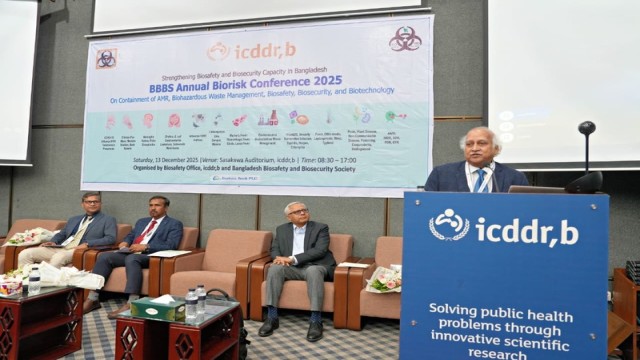
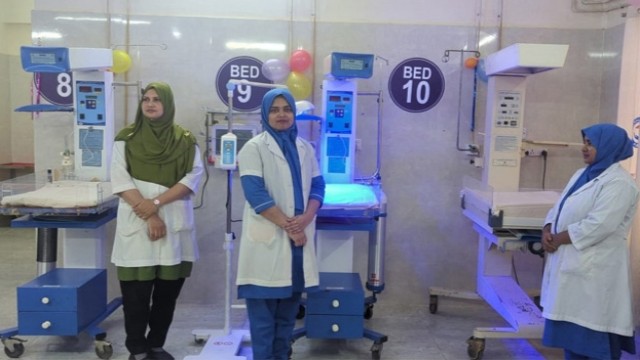
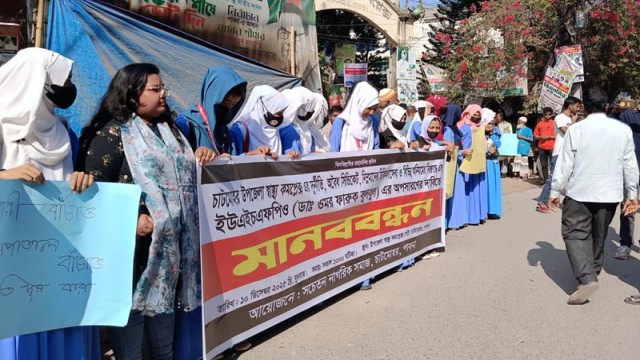
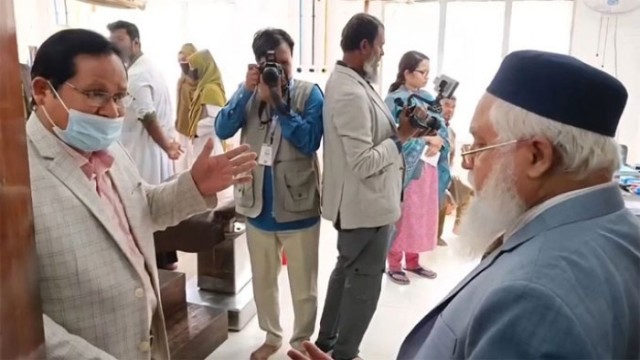
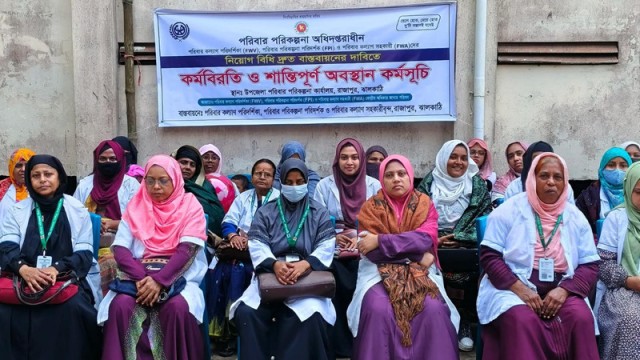
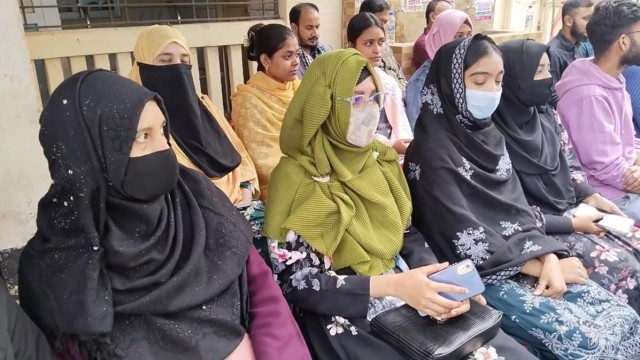





















Comment: